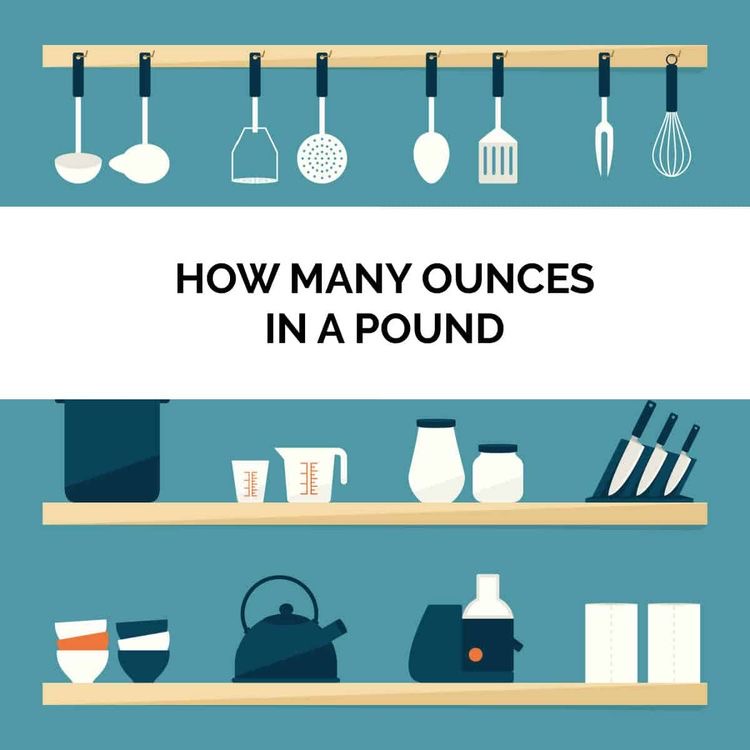Introduction
When it comes to maintaining a healthy lifestyle, one of the fundamental question that arises is “How Many Calories Should I Eat a Day”. Understanding it plays a crucial role in managing our weight, energy levels, and overall well-being. In this article, we will explore the factors that influence our daily calorie needs and provide practical tips to determine the right caloric intake for your unique requirements.

Table of Contents
Understanding Calories and Their Role in Health
Before we delve into daily caloric requirements, it’s essential to comprehend the role of calories in maintaining overall health. Calories are energy units found in the food and beverages we consume. When we eat, our bodies break down these calories, converting them into energy to fuel bodily functions.
The Science of Weight Management: Caloric Balance
At the core of understanding caloric intake is the concept of caloric balance, which considers the relationship between the number of calories consumed and the number of calories expended.
Basal Metabolic Rate (BMR)
Basal Metabolic Rate (BMR) refers to the number of calories the body needs to maintain basic physiological functions while at rest.
Physical Activity Level (PAL)
Physical Activity Level (PAL) accounts for the calories burned through physical activities and exercise.
Thermic Effect of Food (TEF)
The Thermic Effect of Food (TEF) represents the energy used to digest, absorb, and process the nutrients from the food we eat.
Non-Exercise Activity Thermogenesis (NEAT)
Non-Exercise Activity Thermogenesis (NEAT) encompasses the energy expended on daily activities, such as walking, cooking, or fidgeting.
Factors Influencing Daily Caloric Needs
Several factors influence an individual’s daily caloric needs, making it a unique and personalized aspect of nutrition.
Age and Gender
Age and gender play a significant role in determining daily caloric requirements, as metabolic rates differ throughout life stages.
Body Composition and Muscle Mass
Body composition, particularly the amount of muscle mass, affects the body’s metabolic rate and caloric needs.
Activity Level and Lifestyle
The level of physical activity and daily lifestyle choices impact the number of calories one should consume.
Metabolism and Hormones
Metabolic rate and hormonal balance influence how the body processes and utilizes calories.
Health Conditions
Certain health conditions may necessitate adjustments in caloric intake to support overall well-being.
Calculating Daily Caloric Needs: How Many Calories Should I Eat a Day?
To determine an individual’s daily caloric needs, various equations and activity multipliers are employed.
Harris-Benedict Equation
The Harris-Benedict Equation is commonly used to estimate BMR and daily caloric needs.
Mifflin-St Jeor Equation
Considered more accurate, the Mifflin-St Jeor Equation also estimates BMR and daily caloric needs.
Using Activity Multipliers
Activity multipliers help factor in physical activity levels to calculate total caloric requirements.
The Role of Caloric Intake in Weight Loss and Weight Gain
Caloric intake plays a pivotal role in achieving weight loss or weight gain goals.
Balancing Caloric Intake with Nutritional Needs
Merely focusing on calories without considering nutritional needs can be detrimental to health.
Importance of Balanced Nutrition
A balanced diet ensures that the body receives the necessary nutrients to function optimally.
Micronutrients and Macronutrients
Understanding the significance of micronutrients and macronutrients aids in making informed food choices.
Optimal Meal Planning
Strategic meal planning helps achieve a balance between caloric intake and nutritional requirements.
Understanding Caloric Density and Food Choices
Caloric density influences the volume of food one can consume for a given number of calories.
High-Calorie vs. Low-Calorie Foods
Choosing nutrient-dense, low-calorie foods can promote better health outcomes.
Making Healthy Food Choices
Adopting a well-rounded approach to food selection ensures the body receives the right nutrients.
Listening to Your Body’s Hunger and Fullness Cues
Tuning in to internal cues of hunger and fullness helps regulate caloric intake.
Avoiding Extreme Caloric Restriction and Crash Diets
Extreme caloric restriction and crash diets can lead to adverse health effects.
Common Myths and Misconceptions About Caloric Intake
Dispelling myths and misconceptions can lead to a more balanced approach to caloric consumption.
The 1200-Calorie Myth
The 1200-calorie diet may not be suitable for everyone and could lead to nutrient deficiencies.
Starvation Mode
Understanding the body’s response to prolonged caloric restriction is essential to avoid potential pitfalls.
The Impact of Caloric Intake on Longevity and Aging
Caloric intake has been linked to longevity and healthy aging.
Caloric Restriction and Longevity
Exploring the concept of caloric restriction as it relates to extended lifespan.
The Importance of Nutrient-Rich Foods
Prioritizing nutrient-rich foods can enhance overall health and well-being.
Tailoring Caloric Intake to Specific Goals
Different goals require adjustments in caloric intake to achieve desired outcomes.
Weight Loss and Maintenance
Customizing caloric intake for effective weight management.
Muscle Gain and Athletic Performance
Supporting muscle gain and athletic endeavors through appropriate caloric consumption.
Seeking Professional Guidance: Nutritionists and Dietitians
Consulting with experts can provide personalized and evidence-based recommendations.
Conclusion
Caloric intake plays a vital role in overall health and well-being. Understanding individual caloric needs, considering nutritional aspects, and setting appropriate goals are crucial steps toward optimal health. By embracing a balanced approach to nutrition and making informed food choices, individuals can unlock the mystery of how many calories they should eat a day for their unique and thriving health.
FAQs
- Is counting calories essential for maintaining a healthy weight? Counting calories can be helpful, but it’s equally important to focus on the quality of the foods consumed.
- What if my daily caloric needs change due to lifestyle adjustments? Daily caloric needs may fluctuate based on activity levels and life stages. It’s essential to reassess and make adjustments accordingly.
- Can consuming too few calories lead to health issues? Yes, extreme caloric restriction can lead to nutrient deficiencies and negatively impact overall health.
- Are all calories created equal? Not all calories are equal in terms of nutritional value. Choosing nutrient-dense foods is beneficial for health.
- Should I consult a professional before making significant changes to my caloric intake? Consulting with a nutritionist or dietitian can provide personalized guidance and ensure safe and effective changes to caloric intake.
Share this content:








